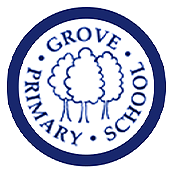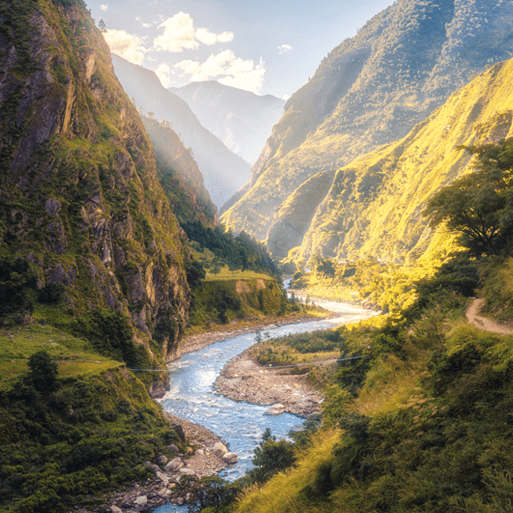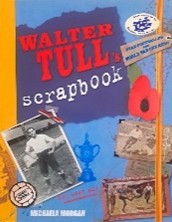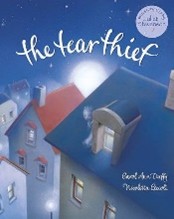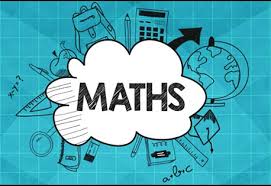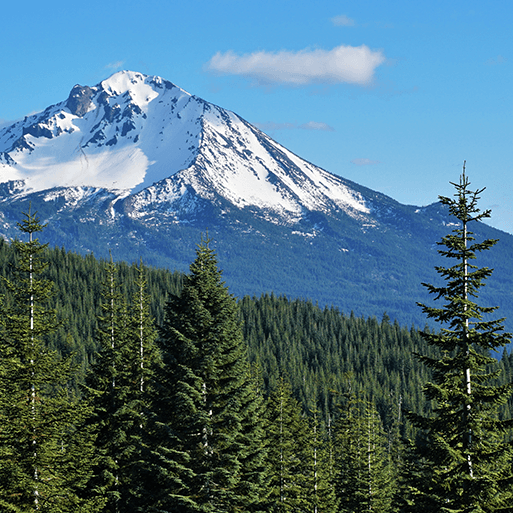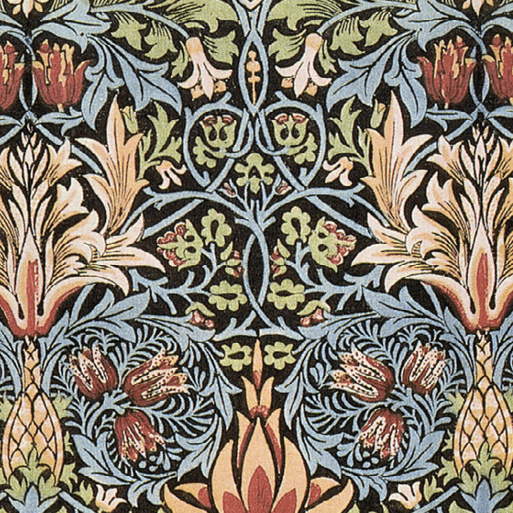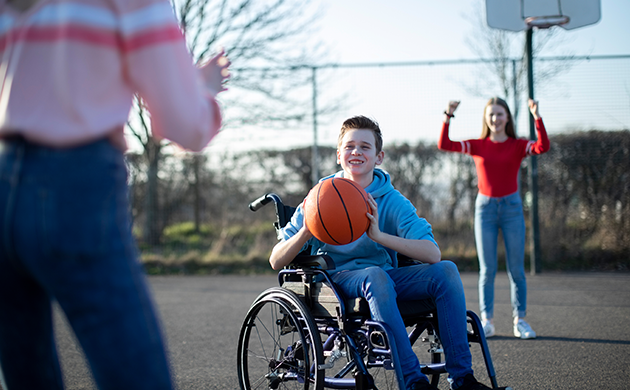Year 4 - Spring Term
|
Geography: Misty Mountain, Winding River |
In the Misty Mountain, Winding River project, your child will learn about the characteristics and physical processes of rivers, including how they shape the landscape over time, their significance around the world and the impact of flooding. They will learn how to use the eight points of a compass, four and six-figure grid references, symbols and a key to locate and plot geographical places and features on a map, as well as how contour lines are used to show the topography of an area. They will have the opportunity to learn about the stages of the water cycle and about mountains and their different formations, studying mountain ranges in the United Kingdom and around the world. They will also learn about habitats and how human and natural influences can have an impact on the environment. |
|
English: Reading
|
|
|
English: Writing
|
Skills: See National Curriculum for Year 4 Text Types:
|
|
Maths
|
|
|
Science: Grouping & Classifying States of Matter
|
Grouping & Classifying: In this project, your child will learn why we sort and group things and the important classification skills of observing and questioning. They will learn what classification keys are and how they identify living things. Your child will learn the characteristics of the five vertebrate groups and the six main invertebrate groups. They will learn how to identify vascular and non-vascular plants and sort vascular plants into the three main groups. They will also examine and classify real plants and create a classification key based on their observations. They will learn about some newly discovered plants and animals and use a classification key to classify each discovery. States of Matter: In this project, your child will identify and classify solids, liquids and gases. They will learn the properties of solids, liquids and gases and discover that some materials have properties of more than one state. They will learn that particles make up all matter and how their arrangement determines whether the material is a solid, liquid or gas. They will find that materials can change from one state to another and learn about how materials can change state. They will use thermometers to measure the temperature of water and observe what happens when water changes state. They will investigate melting ice and record their data on graphs. They will also learn about melting and boiling points, researching various materials' melting and boiling points. |
|
Art: Vista
|
This project teaches children about the techniques that artists use when composing landscape images, such as colour and atmosphere. |
|
Design & Technology: Functional & Fancy Fabrics |
This project teaches children about home furnishings and the significant designer William Morris. They learn techniques for decorating fabric, including block printing, hemming and embroidery and use them to design and make a fabric sample. |
|
Music - Charanga
|
Spring 1 Project: Stop! Spring 2 Project: Lean on Me |
|
Computing
|
Unit 3: Data Handling: Investigating Weather
In this unit, pupils will be researching and storing data using spreadsheets, designing a weather station which gathers and records data and learning how weather forecasts are made. Children use tablets or digital cameras to present a weather forecast.
|
|
PSHEE
|
|
|
RE
|
Unit 2.2 Who should inspire us?
Unit 2.9 What does it mean to be Jewish? Second half of the unit. |
|
PE
|
|
|
French
|
In this unit pupils will:
|

